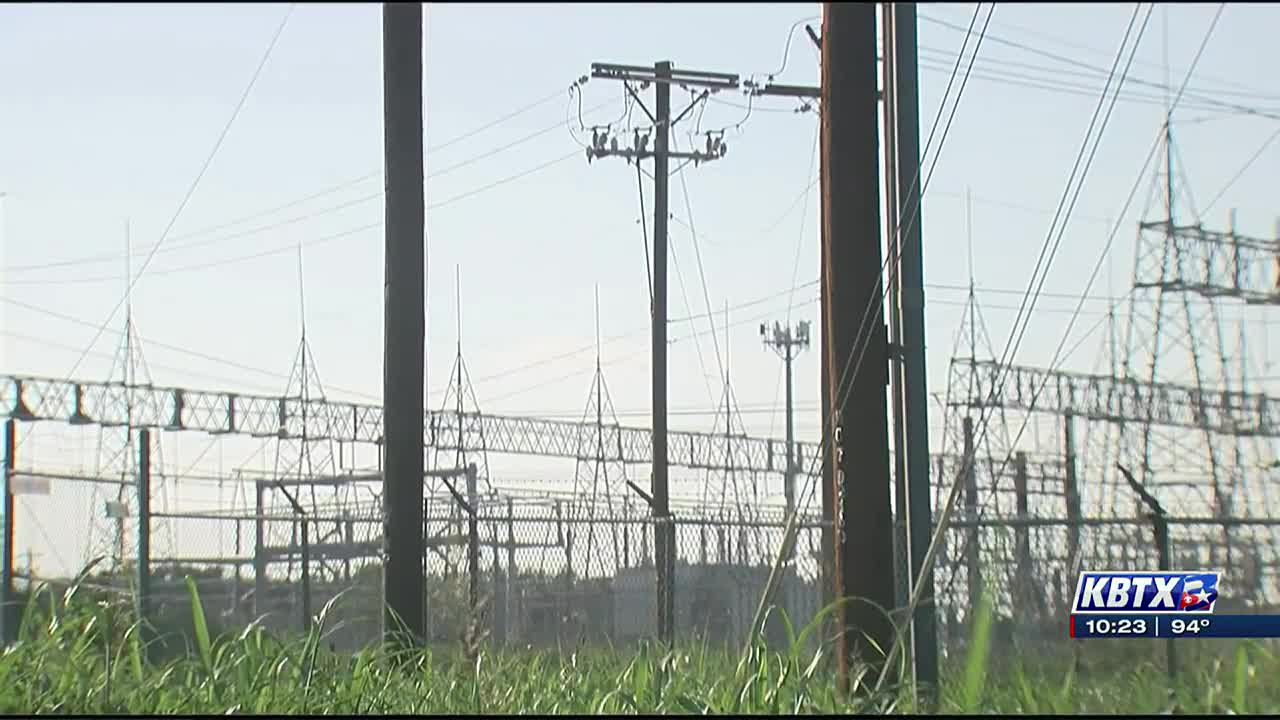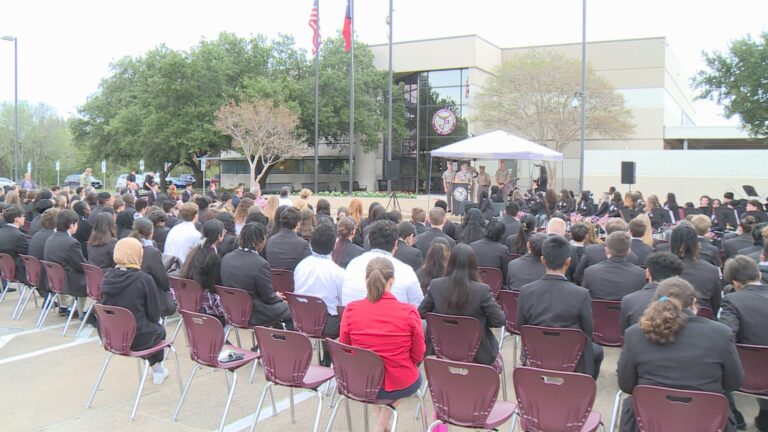Grid conditions remain tight as record temperatures continue
COLLEGE STATION, Texas (KBTX) – Power grid conditions remained tight on Friday after the Electric Reliability Council of Texas announced that it managed to avoid emergency operations on Thursday with the conversation efforts by Texas Residents and businesses, rainfall in the Houston area, and improved wind conditions and additional grid reliability tools.
According to experts at Texas A&M University, the grid is being pushed to its limits by the number of people trying to combat the triple-digit temperatures by turning their A/Cs to stay cool. As a result, the power grid has already hit a number of records, Le Xie, Texas A&M professor of electrical & computer engineering, said. Those grid conditions are why ERCOT asked Texans to conserve energy on Friday for the fouth time in nine days.
Those same experts with Texas A&M expect demand and supply to remain tight throughout the rest of summer.
“I do expect the electric grid to be able to supply everyone’s electricity I think we are going to be running very close tonight, running close the next few weeks, so we have to be looking at it very carefully. There’s not a lot of margin for error,” Adam Birchfield, assistant professor of electrical engineering at Texas A&M, said.
Xie said extreme weather and temperature is the biggest driver of energy demand, so the current grid conditions don’t come as a surprise,
“We’re watching very closely on the demand,” Xie said. “Luckily, engineers across the board are doing a fine job of keeping the reserves and keeping the lights on for most parts of the state. We do not have any major power outages as of now.”
Over the weekend, many people will be cheering on their favorite football teams. Despite the large amount of electricity used on those nights the lights shining down on the gridiron are expected to have little impact on the power grid.
“While there certainly is a lot of energy usage of the stadium, I expect that to be kind of minor compared to everyone’s air conditioning,” Birchfield said.
A cold winter could potentially follow this year’s hot summer. If that were to happen then energy demand would remain high, Xie said.
“We need to watch very closely, prepare much ahead of time, do the reliability studies properly to keep the grid running properly,” Xie said.
While temperatures continue to break records, Xie and Birchfield said it’s important to conserve electricity whenever it is safe.
“Just changing the thermostat setting by one of two degrees up would have saved collectively a lot of energy for the entire state grid,” Xie said. “There are many things such as that which we can do to reduce the stress on the grid.”







